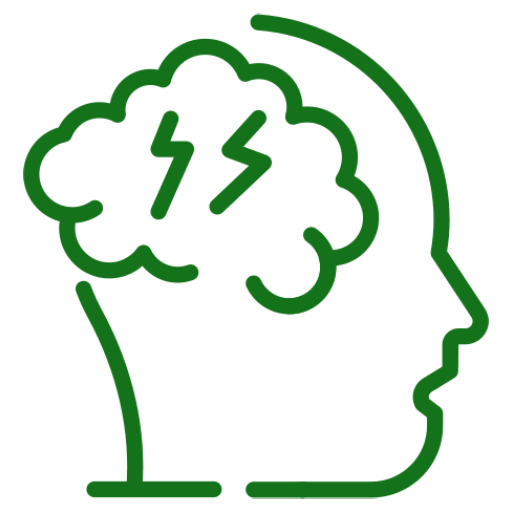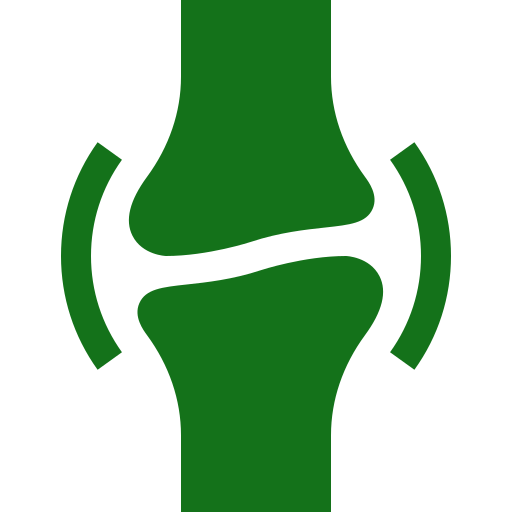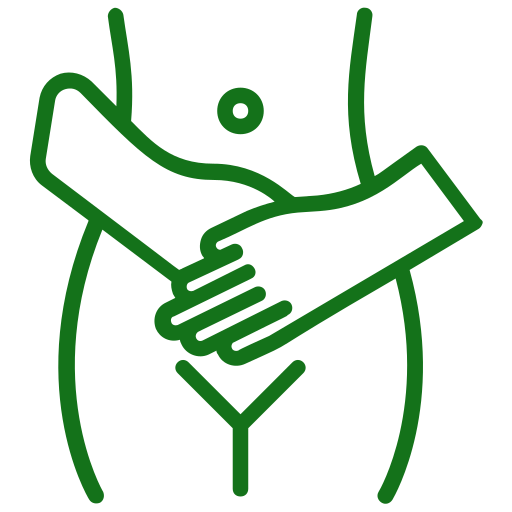
TCM pain management uses the principles of Traditional Chinese Medicine for pain relief. TCM practitioners believe blocked or imbalanced qi can lead to pain. As such, it aims to treat the underlying imbalances believed to cause pain and not just the pain symptoms.
Several TCM techniques aim to restore this balance and promote healing, from acupuncture to cupping therapy and herbal medication. At Healing Health TCM, our experienced practitioners will access your general health and customise a TCM pain management treatment for your individual needs and preferences.
By addressing both the symptoms and root causes, TCM offers a natural and holistic approach to pain management.






